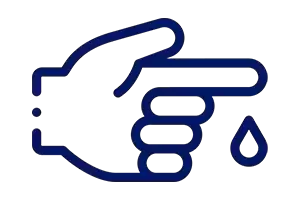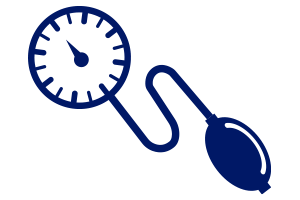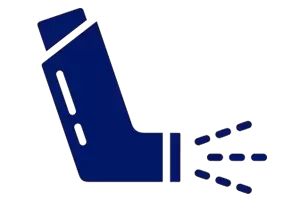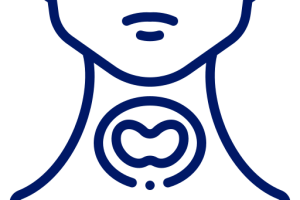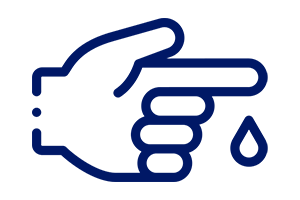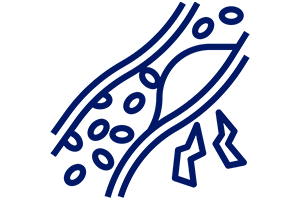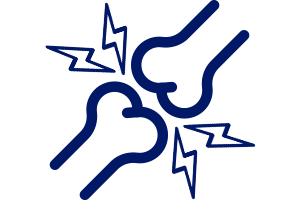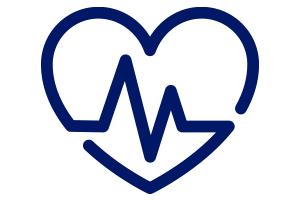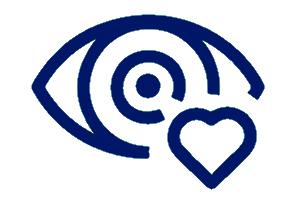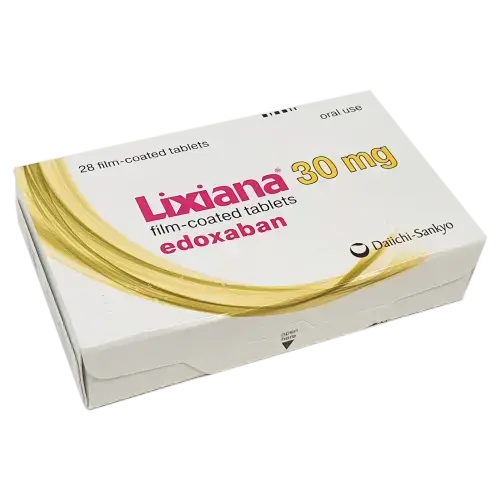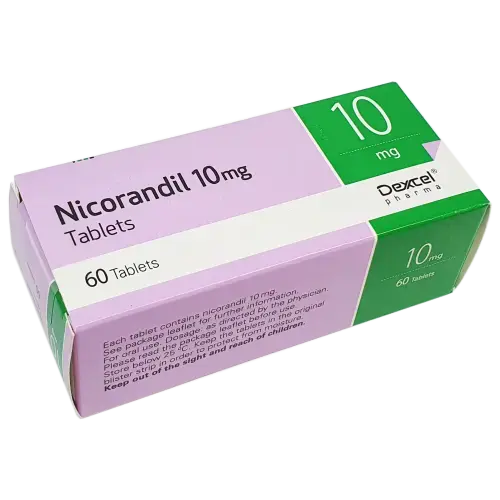Cardiovascular Disease What is Cardiovascular Disease? Cardiovascular disease refers to a group of conditions that affect the heart and/or blood vessels of your body. Heart disease is often associated with the build-up of fatty deposits in the arteries and often involves hypertension. These can be both a cause and/or a result of cardiovascular disease. Problems you may notice with the heart or blood vessels: Abnormal heart rate Heart valve disease Tension of the heart Issues with heart outer lining Blood vessels narrowing in your heart, other organs or throughout your body with plaque The FOUR main types of Cardiovascular diseases: Aortic diseases: Conditions affecting the aorta. Coronary heart disease: Caused by blood flow to the heart being blocked. This can lead to angina, heart attacks or heart failure. Peripheral arterial disease: Caused by a blockage in the arteries to the limbs; example: Legs Strokes and Transient ischaemic attack: the blood supply of the brain is cut off during a stroke. A transient ischaemic attack is similar but the blood flow to the brain is only temporary. What are the causes of cardiovascular disease? A number of issues can increase the chance of having Cardiovascular disease: Alcoholism Age Diabetes – High blood sugar levels damage vessels Family history of heart disease Hypertension – High blood pressure Poor diet Smoking – Tobacco substances can narrow the blood vessels. High cholesterol – the fatty substance in the blood may increase the chance of blood clots. Lack of regular exercise Obesity – being overweight or obese increases the chance of developing diabetes and hypertension, which are both risk factors for CVD. Cardiovascular Disease Prevention and Treatment: Lifestyle changes: Stop smoking, having a balanced diet, regular exercise, maintaining a healthy weight, alcohol intake reduction Cardiac rehabilitation: Monitored exercise program to help your heart get stronger. Procedures or surgeries: If medications are not enough to manage your cardiovascular disease, your doctor may decide certain procedures or surgeries may be best to treat your cardiovascular disease. Medication: Your doctor may prescribe medications to control cardiovascular disease. Medication type will depend on what kind of cardiovascular disease you have. Medications What is the best medication for cardiovascular? Modern heart drug therapy includes: Statins: to lower LDL cholesterol Aspirin: to prevent blood clots Clopidogrel: to prevent blood clots Beta-blockers — to treat heart attack and heart failure and sometimes used to lower blood pressure. Key Points: Cardiovascular diseases are conditions that affect your heart and blood vessels. If you don't have the appropriate treatment cardiovascular disease can lead to heart attacks or strokes. You can make lifestyle changes or take medications as directed by your doctor to manage cardiovascular disease. The earlier the diagnosis of CVD the more effective treatment is. Many people live a full and active life with a cardiovascular disease.
Learn More...- Shop/Treatments
- Prescription Treatments
-
- View All Treatments

-
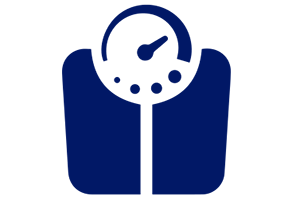
-
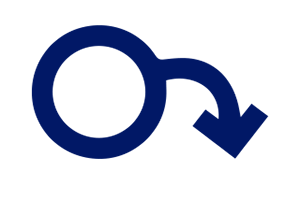
-
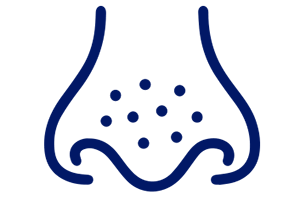
-
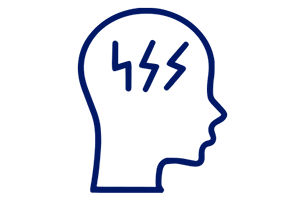
-
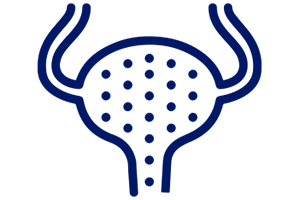
-
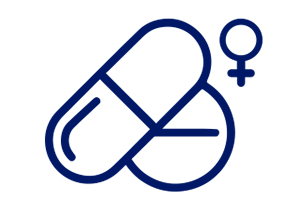
-
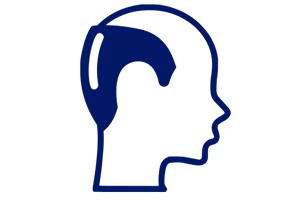
-
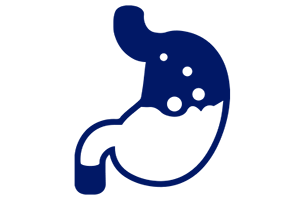
-
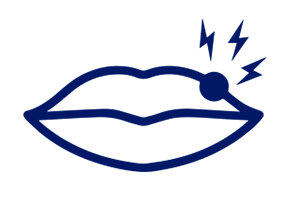
-
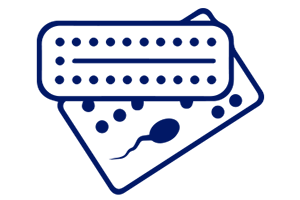
-
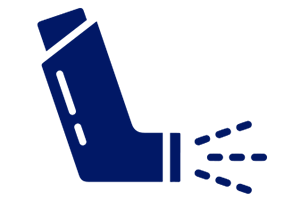
-
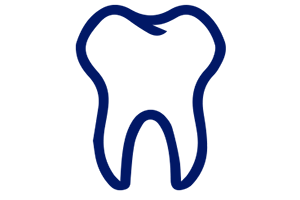
-
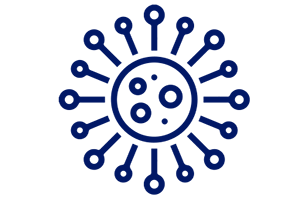
-
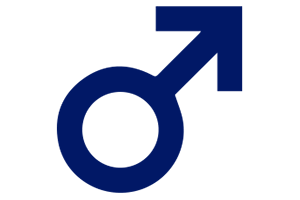
-
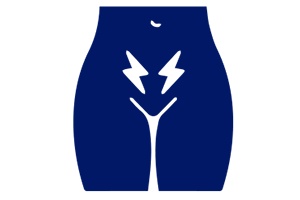
-
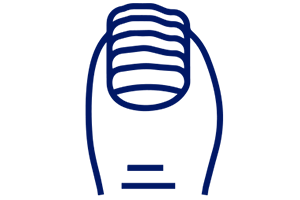
-
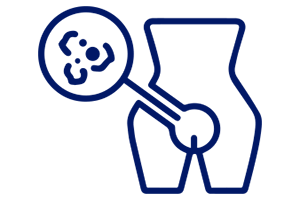
-
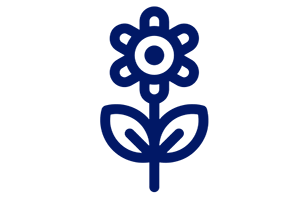
-

-
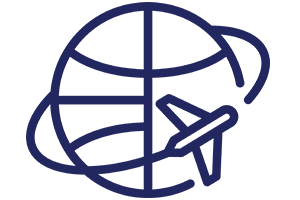
-
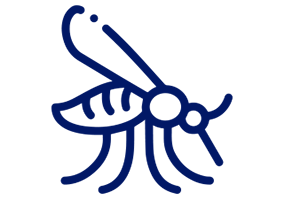
-

-

-

-
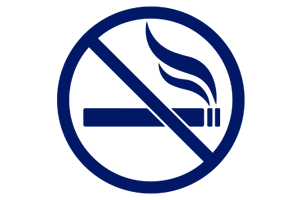
-
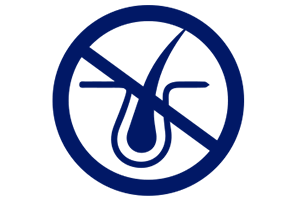
-

-
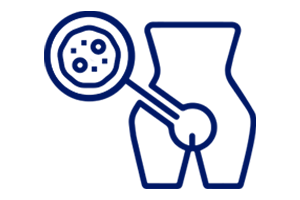
-
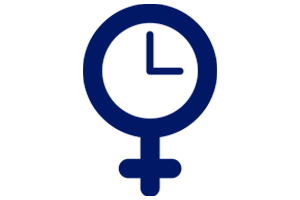
-
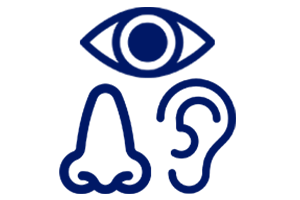
-
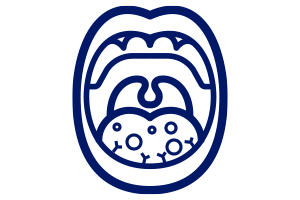
- View All Treatments

- View All Treatments
-
- Pharmacy Shop
-
- View All Treatments

-
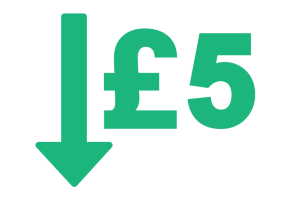
-

-
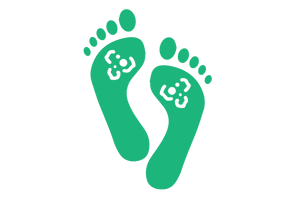
-
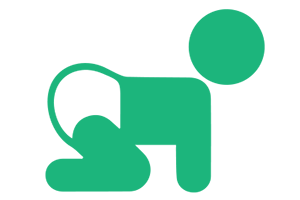
-

-
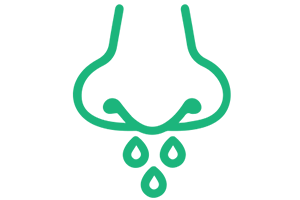
-
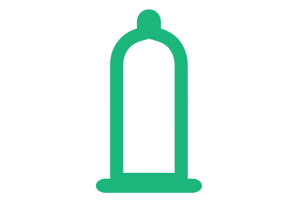
-
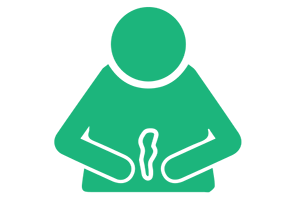
-
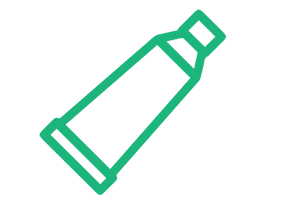
-
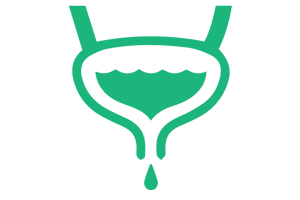
-
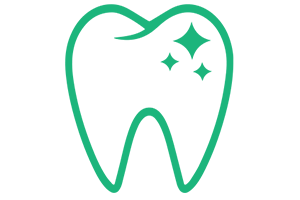
-
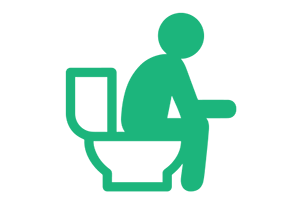
-
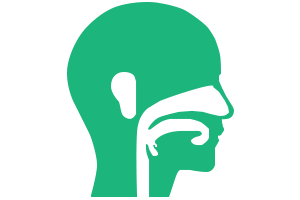
-
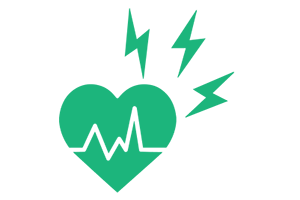
-

-
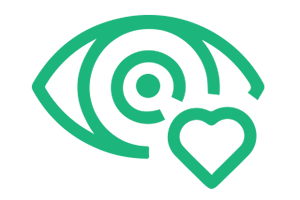
-
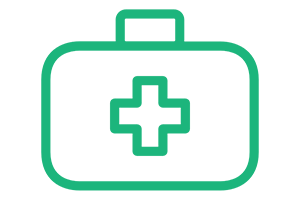
-

-
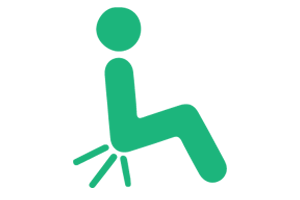
-
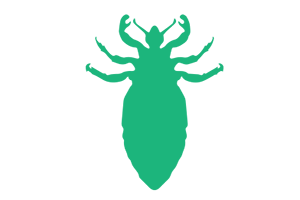
-
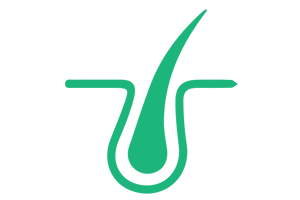
-
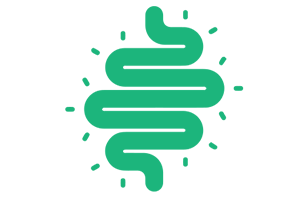
-
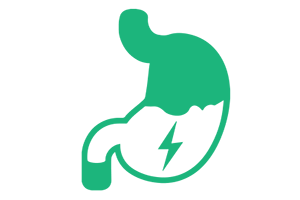
-
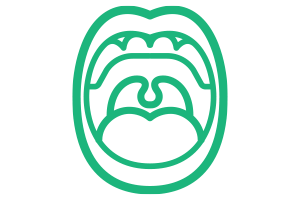
-
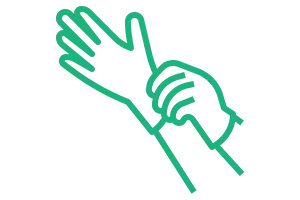
-
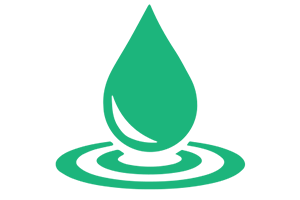
-
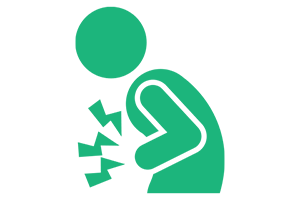
-
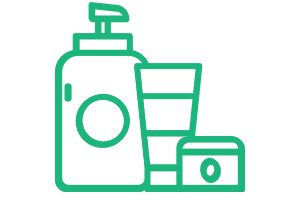
-
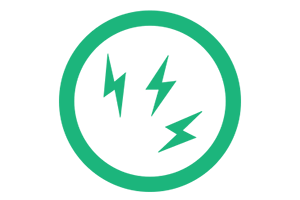
-

-
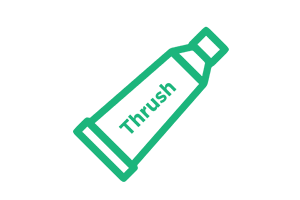
-

-

-
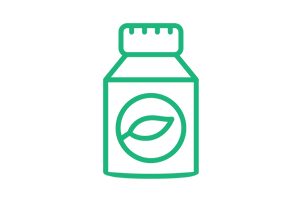
-
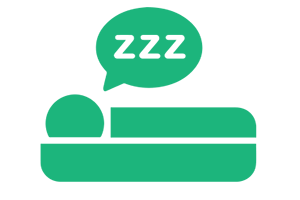
-
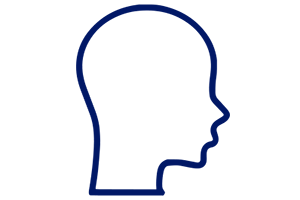
-

-

-

-
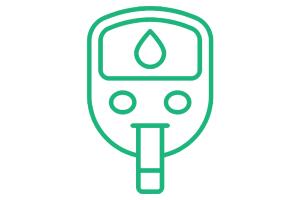
-

-

-

- View All Treatments

- View All Treatments
-
- Emergency Medications
- Premium Supplements
- Prescription Treatments

 Account
Account
